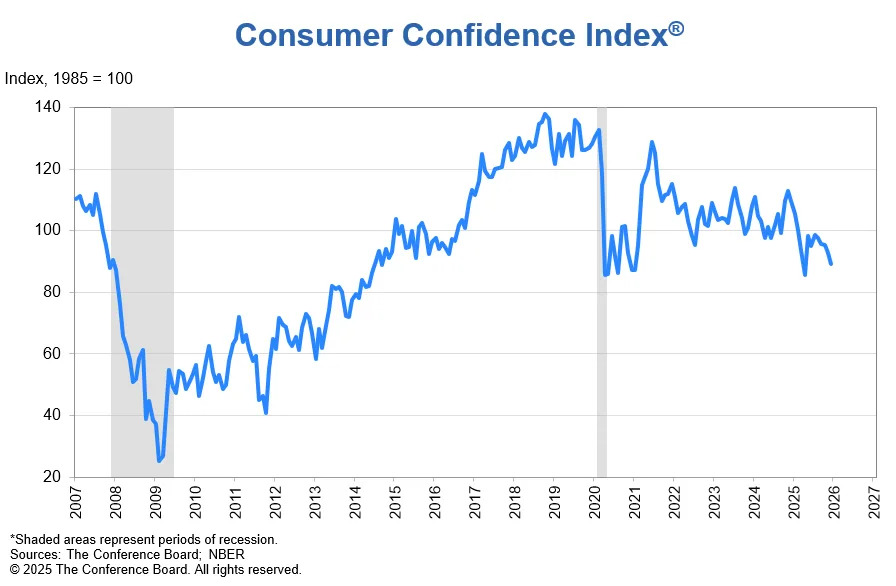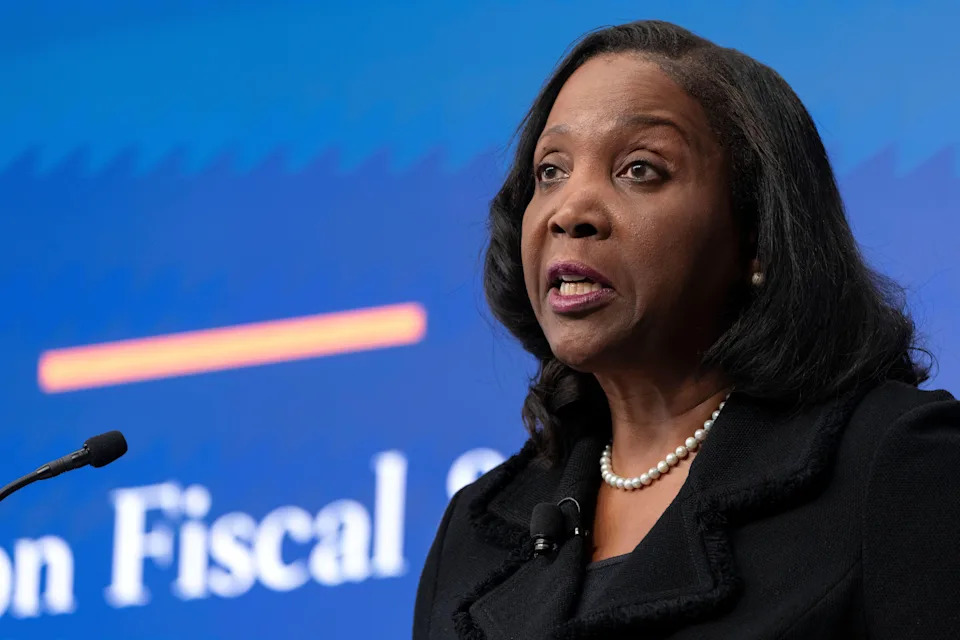
Dogecoin holders celebrate ‘Dogeday’ 4/20 as ETF decision draws near
Key Points
- Dogecoin holders celebrate "Dogeday" on April 20, coinciding with International Weed Day.
- Despite daily inflation of over $2 million, Dogecoin remains the eighth-largest cryptocurrency by market cap.
- The Dogecoin community is eagerly awaiting SEC decisions on several DOGE-related ETF applications.
- Dogecoin's appeal is driven by community enthusiasm, low entry barriers, and its meme-driven branding.
Summary
On April 20, Dogecoin enthusiasts worldwide celebrated "Dogeday," an unofficial holiday for the memecoin community, which has been recognized since 2021. Despite its reputation as a humorous token, Dogecoin holds a significant market position, ranking eighth in market capitalization with a value of $23.3 billion. The community's excitement is heightened by the anticipation of decisions from the U.S. Securities and Exchange Commission (SEC) regarding several Dogecoin-related exchange-traded fund (ETF) applications. These include filings from Bitwise, Grayscale, 21Shares, and Osprey Fund, with deadlines for responses in May. Dogecoin's tokenomics, characterized by a daily inflation rate of over $2 million, contribute to its accessibility and appeal to retail investors, as noted by blockchain expert Anndy Lian. The coin's staying power is also attributed to its community support, low entry barriers, and the psychological appeal of its pricing, typically under $1, making it attractive to younger, internet-savvy investors.
cointelegraph
April 20, 2025
Crypto


